Anxiety Therapy 101
Unlock Calm: Empower Your Mind, Transform Your Life

5 Hours average completion time
0.5 CEUs
8 Lessons
16 Exams & Assignments
903 Discussions
8 Videos
9 Reference Files
Mobile Friendly
Last Updated January 2026
In an age marked by perpetual connectivity and ceaseless ambitions, anxiety has silently intertwined itself into the fabric of our everyday existence. Where once the world buzzed at the pace of nature, today's digital acceleration has amplified life's inherent stresses, leading to an unprecedented surge in anxiety disorders globally. Enter "Anxiety Unraveled," a comprehensive guide tailored for individuals and professionals alike, navigating the intricate maze of anxiety, its triggers, and therapeutic interventions.
Course Highlights:
-
Understanding Anxiety's Spectrum: Anxiety isn't a monolithic condition. It's a spectrum, ranging from occasional nervousness to debilitating phobias. We delve deep into the myriad forms and nuances of anxiety disorders, helping you discern their distinct characteristics.
-
The Mind-Body Connection: Move beyond age-old dualities as we explore the intrinsic link between our mental well-being and physical health. Understand the physiological ramifications of unchecked anxiety and its cascading impact on the body.
-
Anatomy of Anxiety: Decode the intricate workings of the human psyche and its physiological responses to external stressors. From adrenaline rushes to panic attacks, unravel the complex machinery of our nervous responses.
-
Holistic Healing Approaches: While traditional therapies offer valuable insights, we also journey into the realm of alternative medicine, providing a holistic picture of potential healing methodologies.
-
Tailored Therapeutic Interventions: Every individual's experience with anxiety is unique. Learn to curate personalized therapy strategies attuned to individual needs, be it for yourself, a loved one, or your clients.
-
Case Studies & Real-world Scenarios: Embark on a journey through real-life stories, understanding the myriad ways in which anxiety can manifest and the success stories of those who've reclaimed their lives.
-
Empowerment Through Knowledge: This course doesn't merely focus on theoretical knowledge. We equip you with actionable strategies, mindfulness practices, and cognitive-behavioral techniques to counter anxiety's grip.
-
The Societal Impact: Explore the broader societal implications of the rise in anxiety disorders, from workplace dynamics to family structures, and understand how societal norms might inadvertently perpetuate anxiety.
The word 'anxiety' might conjure images of a worried individual or a nervous twitch, but its realm is vast and varied. From social anxiety that hinders interpersonal relationships to post-traumatic stress that haunts individuals long after the triggering event has passed, anxiety's faces are many.
As we step into the core of this course, our aim is twofold: to dispel myths surrounding anxiety and to empower every participant with the tools and knowledge to face anxiety head-on, fostering a community of informed, compassionate, and resilient individuals.
Join us in this course as we venture beyond mere definitions, immersing ourselves in a transformative journey from understanding to action, from fear to hope, and from surviving to thriving.
- Exploring anxiety's societal impact
- Navigating the spectrum of anxiety disorders
- Empowering with actionable anxiety reduction strategies
- Curating trauma-informed therapeutic approaches
- Recognizing mind-body anxiety connections
- Applying holistic anxiety management techniques
- Developing personalized anxiety treatment strategies
- Implementing cognitive-behavioral techniques for anxiety
- Exploring physiological responses to anxiety
- Understanding anxiety's diverse manifestations
-
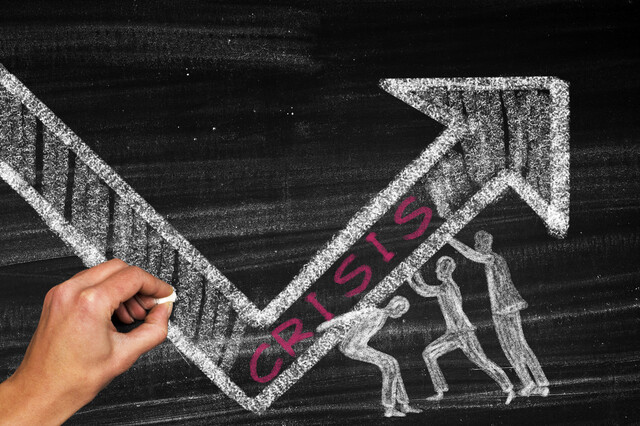
Crisis Management
-
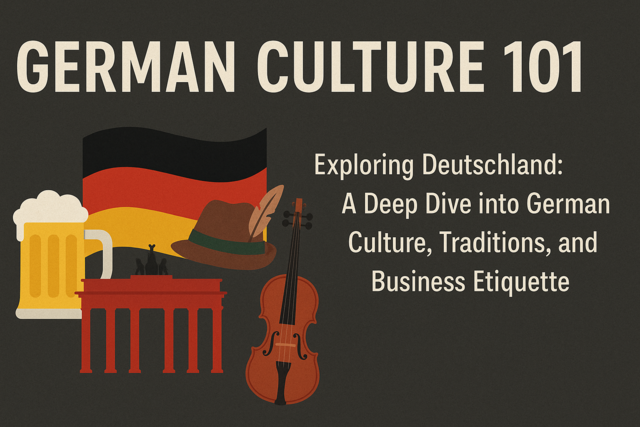
German Culture 101
-

Understanding Addictions
-

Innovative Thinking Skills
-

Creative Thinking Skills
-

Assertiveness Training
-

Social Anxiety 101
-

Journaling and Memoir Writing
-

Critical Thinking Skills
-

Personal Protective Equipment
-

QuickBooks Online
-

Confidence Building
-

Second Grade Curriculum
-

Home Safety
-

Developing Great Social Skills
-

Stress Management
-
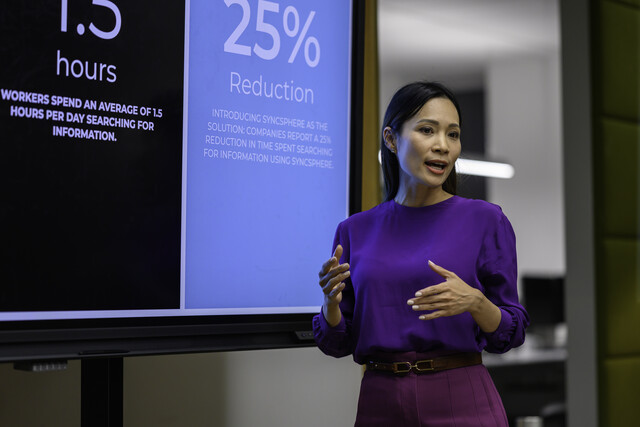
Motivational and Public Speaking
-
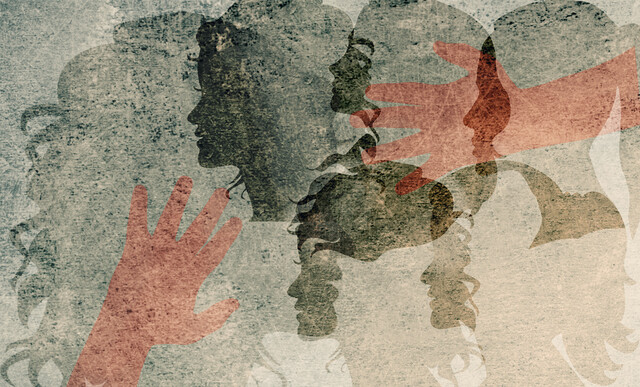
Child Abuse Recognition, Investigation, and Protection
-
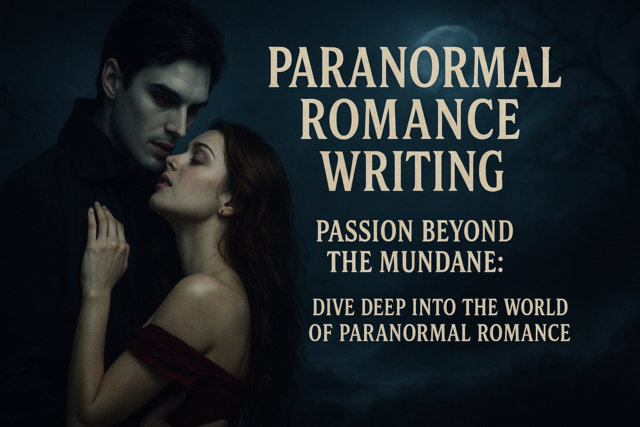
Paranormal Romance Writing
-
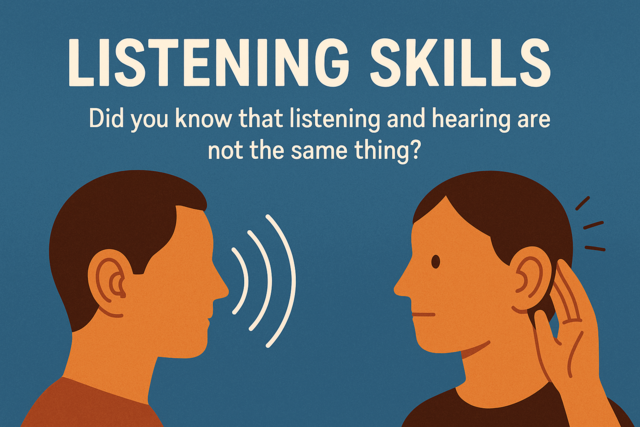
Listening Skills
-

Running Effective Meetings
-

Freelance Writing 101
-

Mastering Conversation Skills
-
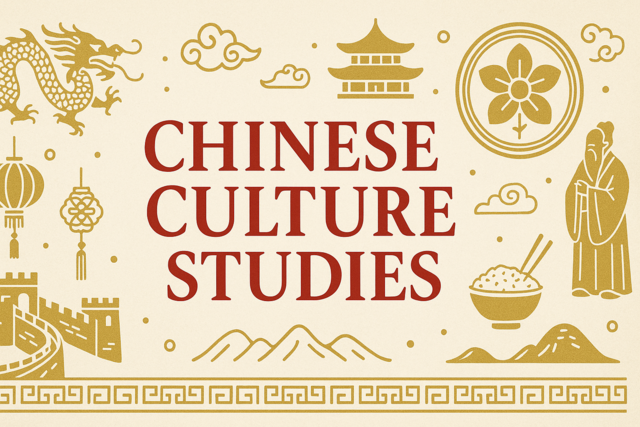
Chinese Culture Studies
-

Depression Management